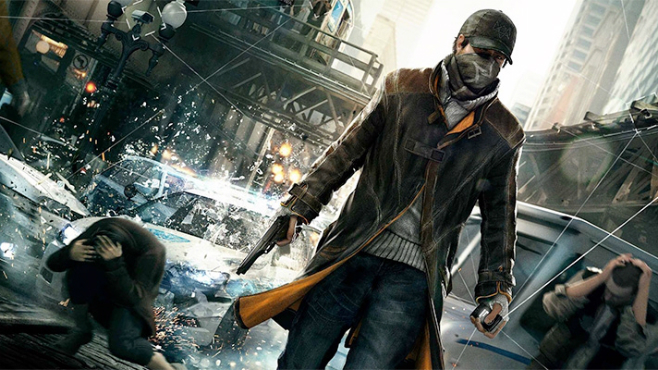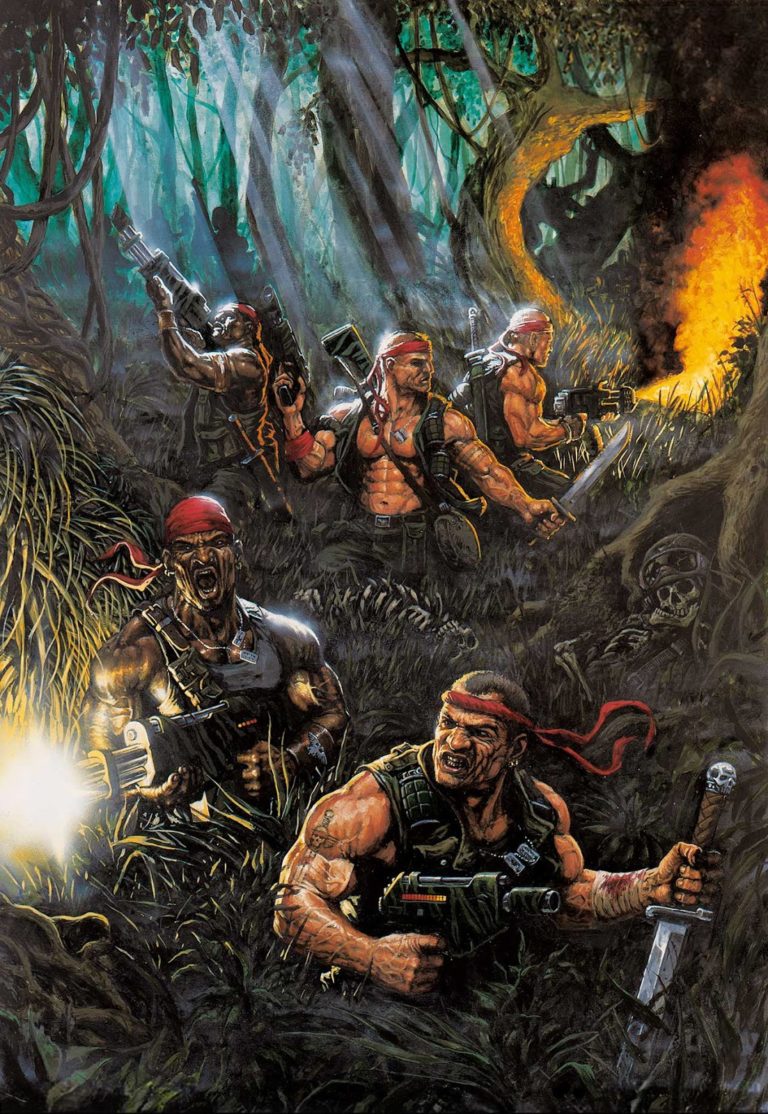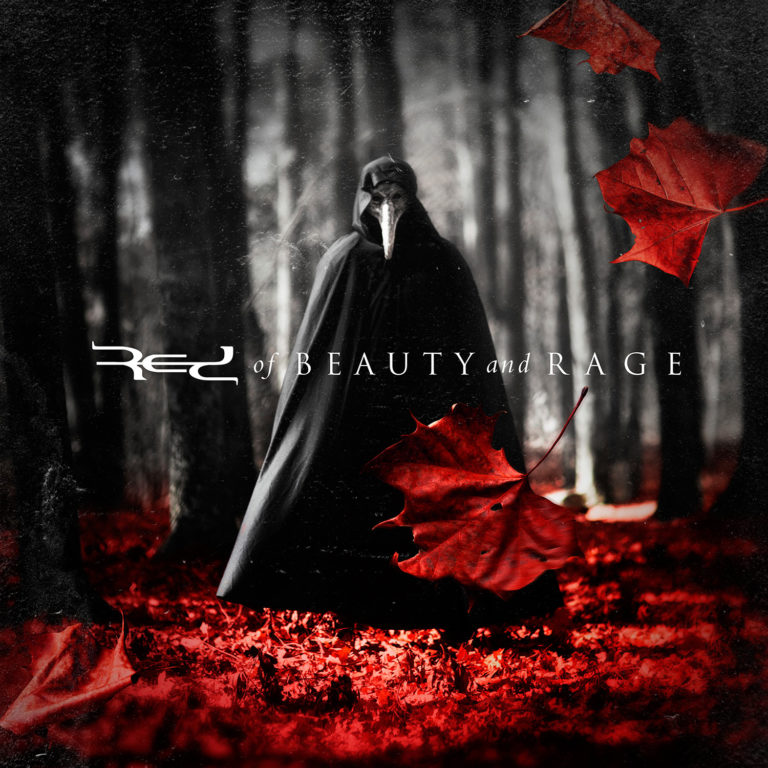Last week Game of Thrones fans were finally treated to the battle which the series had been building...
game of thrones
So recently my morning started off in fantastic fashion as one of my friends on Facebook shared...
So I was recently reading this article on Polygon about unequal racial representations in gaming, and it...
Normally I’d try to make this little intro as short as possible just out of obligation, but...



